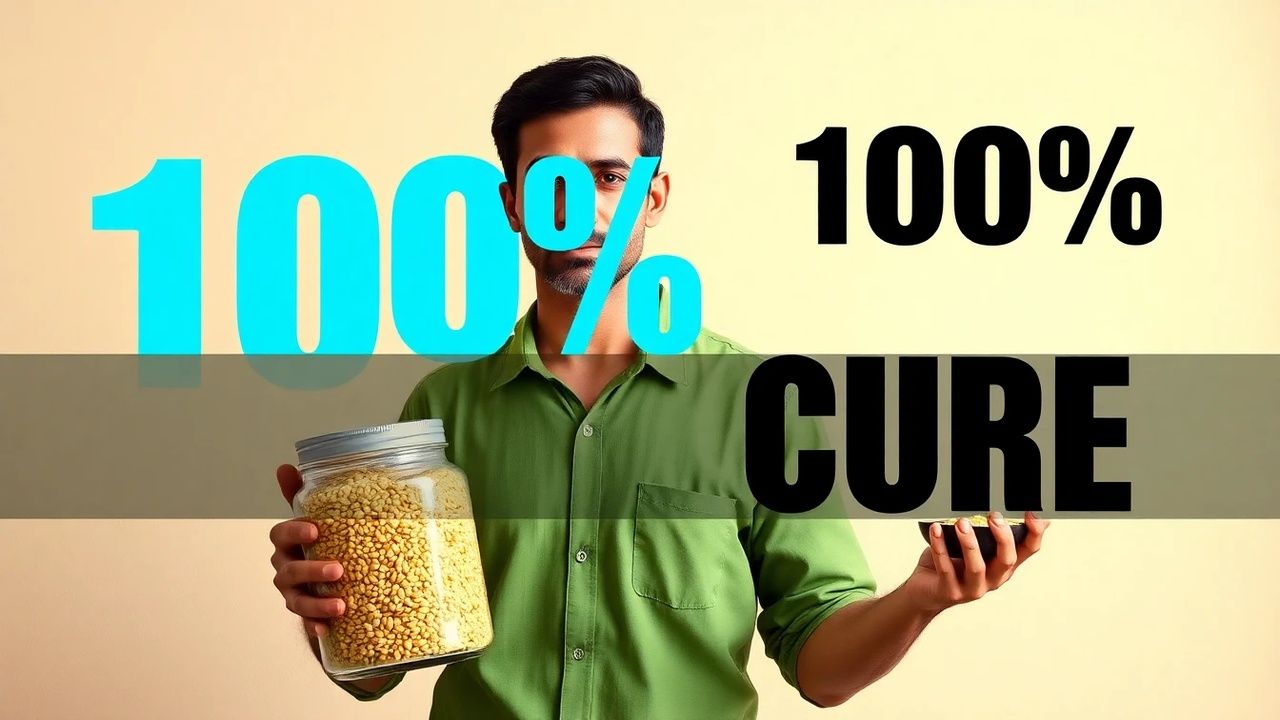10 Proven Strategies to Manage Stress and Skyrocket Your Energy Levels
Dr. Emma Thompson • January 8, 2024
Discover 10 scientifically-backed strategies to effectively manage stress and boost your energy. Learn how to transform your daily routine and enhance your vitality now!

Are you feeling overwhelmed by the relentless pace of your daily routine? Do stress and fatigue seem like constant companions in your life? You're not alone. Living in our fast-paced world can often lead to burnout, sapping our energy and leaving us feeling drained. But stress management is within reach. In this comprehensive guide, we'll uncover 10 proven strategies that can help manage your stress and increase your energy levels, empowering you to lead a more vibrant and fulfilling life.
Strategy #1: Prioritize Quality Sleep
Sleep is the cornerstone of stress management and high energy levels. Adhering to a regular sleep schedule and creating a restful environment can significantly improve sleep quality, leaving you refreshed and alert.
Strategy #2: Exercise Regularly
Physical activity releases endorphins, known as 'feel-good' hormones, which can elevate your mood and energy levels while decreasing stress. Incorporate a mix of aerobic exercises, strength training, and flexibility routines into your week.
Strategy #3: Nutritious Diet for High Energy
Food is your body's fuel. Consuming a balanced diet rich in whole foods provides the nutrients necessary for maintaining energy throughout the day. Focus on complex carbohydrates, lean proteins, and healthy fats.
Strategy #4: Mindfulness Meditation
This mind-calming practice can help reduce stress and anxiety. Even a few minutes a day can make a difference. Start with guided sessions to develop your mindfulness skills.
Strategy #5: Time Management Skills
Being organized can remarkably reduce stress by preventing last-minute rushes. Try tools like to-do lists or digital planners to manage your time efficiently.
Strategy #6: Connect Socially
Social interaction can provide a crucial support network to help manage stress. Allocate time for friends and family or consider community groups or clubs.
Strategy #7: Limit Stimulants
Caffeine and alcohol can have seemingly energy-boosting effects, but they often contribute to the stress cycle. Reduce your intake and notice the difference.
Strategy #8: Deep Breathing Exercises
Simple yet effective, deep breathing can help lower stress levels almost instantly. Practice breathing techniques regularly to harness their calming effects.
Strategy #9: Take Regular Breaks
Short breaks during work can prevent burnout and maintain high energy levels. Step away from your desk, stretch, or take a brief walk.
Strategy #10: Seek Professional Help if Needed
Sometimes, we need external help to manage stress. Don't hesitate to consult a healthcare provider or a professional counselor when stress becomes overwhelming.
Conclusion:
Managing stress and enhancing your energy levels doesn't have to be an elusive goal. By implementing these 10 strategies into your life, you can not only handle the pressures of daily life more effectively but also rediscover the vitality and excitement that come with feeling energized and stress-free. Start today to take control of your wellness journey for a brighter, more energized tomorrow.
Remember, change doesn't happen overnight, but each step you take is a leap towards a healthier, more vibrant life.

Learn how to manage diabetes with ease using VitalFiberOne™, a revolutionary solution that makes living with diabetes simple and stress-free. In this blog, we'll introduce you to a fun and interactive world education game that teaches you how to control your blood sugar levels, improve your overall health, and live a happy life with diabetes. Discover the benefits of VitalFiberOne™ and how it can help you take charge of your diabetes management.

Take control of your diabetes management with Glyco Guardian, the ultimate solution for a healthier you! In this blog, we'll show you how to make managing your diabetes easy, convenient, and most importantly, FREE! With Glyco Guardian, you'll have access to a comprehensive platform that helps you track your blood sugar levels, monitor your diet, and stay on top of your medication. Say goodbye to tedious paperwork and hello to a more streamlined approach to managing your diabetes. Join us as we explore the benefits of Glyco Guardian and discover how it can make a significant difference in your life.

Are you tired of feeling sluggish and run down? Discover the secret to boosting your energy levels with Acacia Fiber! This natural superfood is packed with nutrients and prebiotics that help support a healthy gut, increase energy production, and even aid in weight management. In this article, we'll dive into the amazing benefits of Acacia Fiber and how you can incorporate it into your daily routine to feel more energized, focused, and vibrant. Say goodbye to fatigue and hello to a more energetic you!









